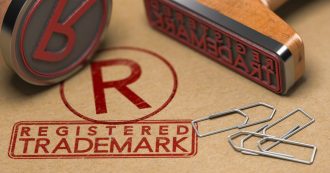June 11, 2024
Kisuk Lee Quoted in Law360 Article Discussing Recent USPTO Decision Regarding Antibody Patent Claims
Harness IP Principal Kisuk Lee was recently quoted by Law360 in an article discussing the possibility of patent claims for antibody intellectual property (IP). The article, “New Antibody IP Ruling Still Needs to be Tested in Courts,” recaps the ramifications of a decision by the United States Patent and Trademark Office’s (USPTO) Appeals Review Panel to determine whether means-plus-function claims should be allowed in pharmaceutical patent applications.
The USPTO’s decision was the first-ever released by the agency’s new Appeal Review Board. The Board examined Xencor Inc.’s unusual claiming method for pharmaceuticals, referred to as Jepson claims. According to the article, Jepson claims feature a preamble where the applicant states what’s already known in prior art and then how the applicant has improved it. The preamble in Xencor’s Jepson claim discussed only treating a patient and fell short of meeting that requirement.
The article includes Lee’s insight. “Jepson claims are rare in life sciences, according to Harness IP principal Kisuk Lee, who called them ’outdated,’ and said he’s been taught not to use them given the risks associated with laying out prior art for examiners so directly.”
The piece examines antibody IP in light of a narrow ruling last year by the U.S. Supreme Court. In Amgen v. Sanofi, the justices raised the bar on antibody patents, ruling that Amgen could not claim that an entire genus of antibodies could be defined by how they bind to a protein by listing 26 antibody species in the patent. The Xencor decision by the USPTO broadens the requirements by ruling that the company didn’t have to write out all antibody equivalents.
The full article is available to subscribers on the Law360 website: https://www.law360.com/articles/1839866/new-antibody-ip-ruling-still-needs-to-be-tested-in-courts



